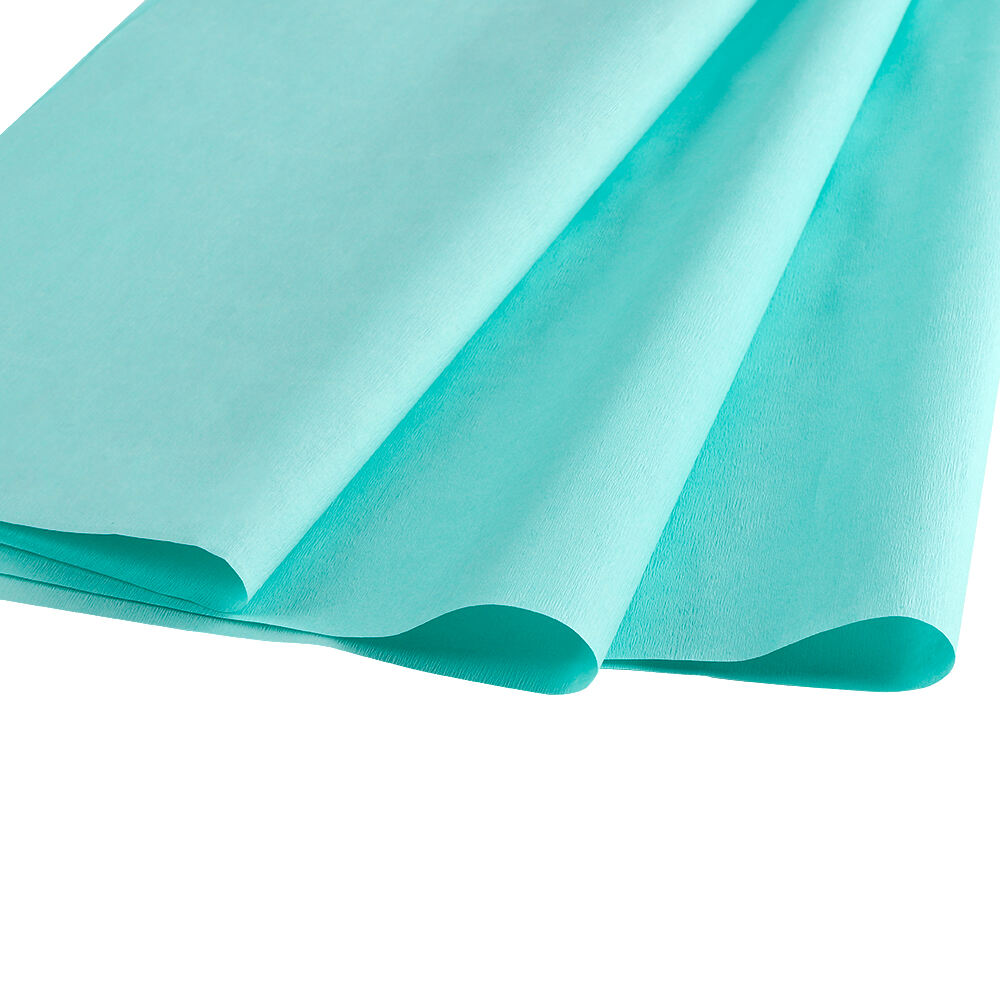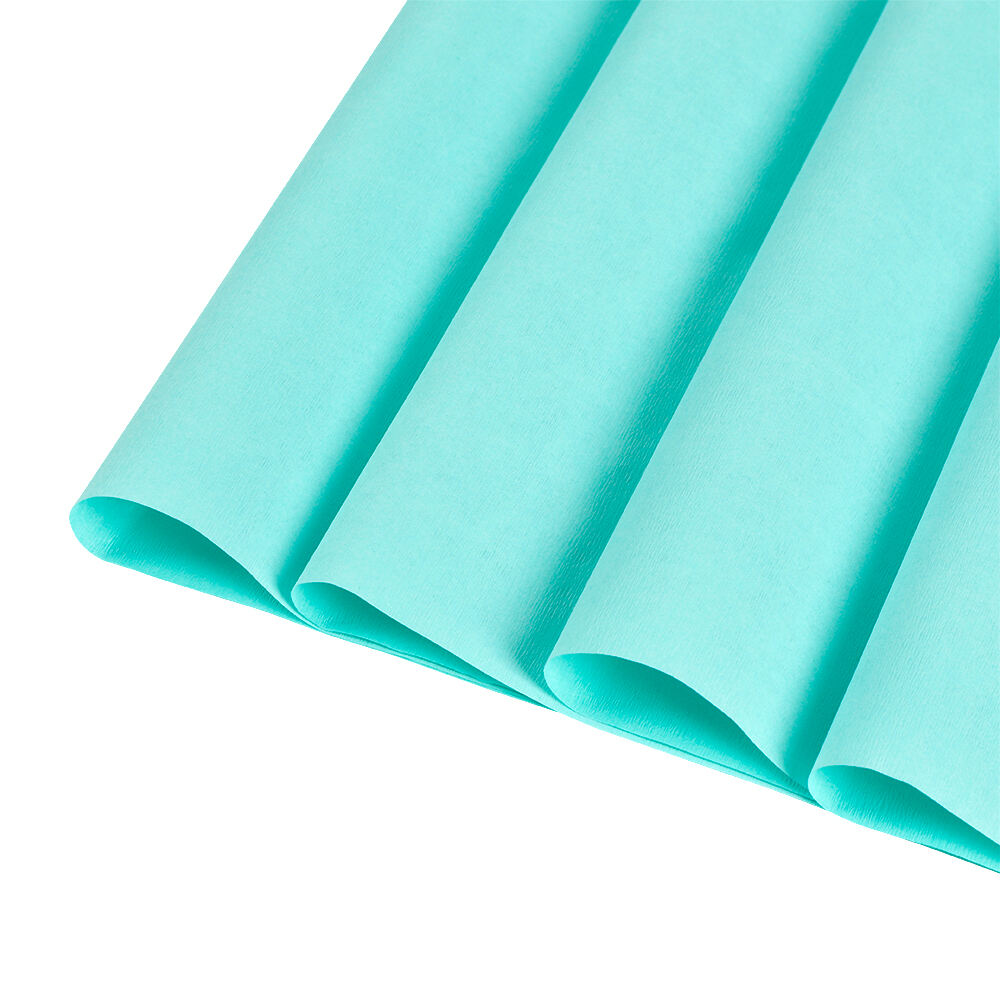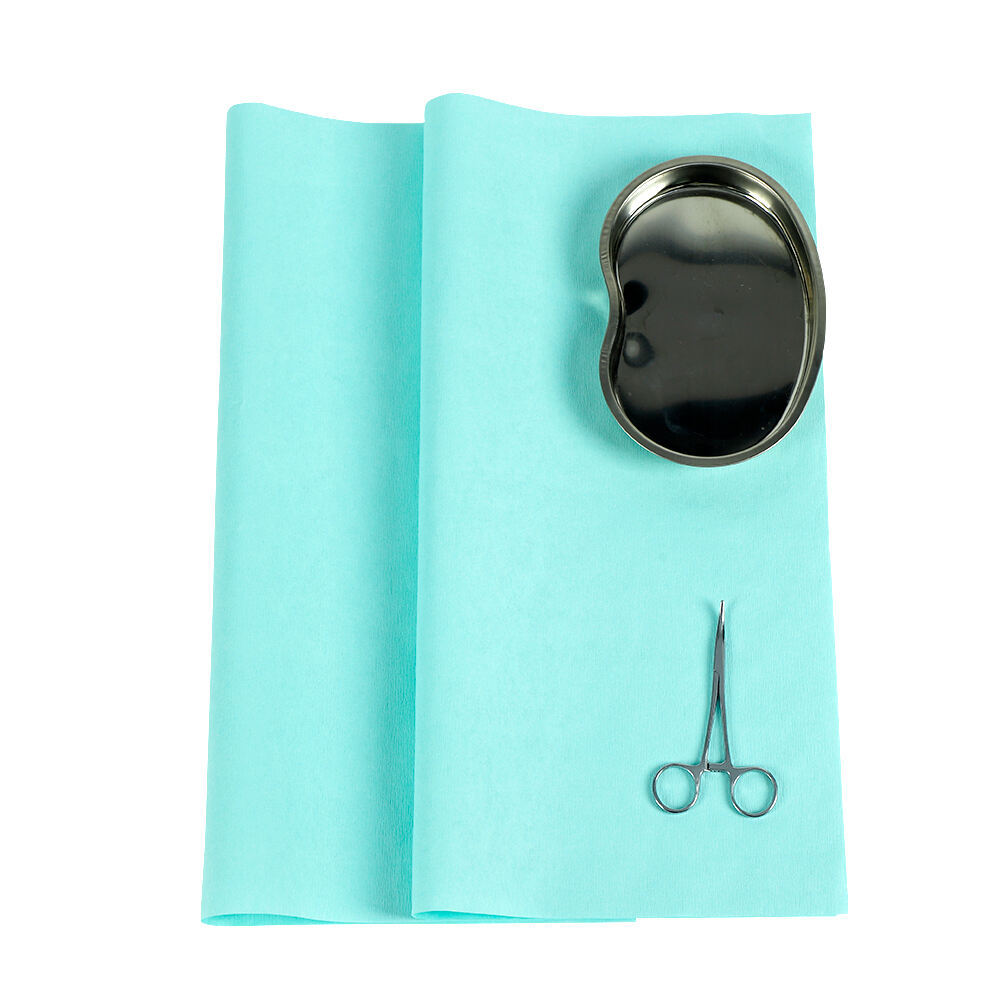The chemical bonding in nonwoven fabrics might sound very technical; however, it is quite simple. Think of it like you have hundreds of these tiny fibers, all mashed together so they just look messy. Width these fibers can be made out of polyester, polypropylene or even natural fabrics such as cotton.
Because of the way biodegradable non woven are bonded together through chemical means, however, it sets these types of fabric apart with some really neat features. Nonwoven fabrics are usually soft and comfortable to wear as they are lightweight & breathe freely.
Yet another advantage of non-woven is that they can be created to a be tough as well as tear resistant. The chemical bonding holding the fibers together in a scrap is what makes that possible. It means that regardless of whether you are making use of pp spun bond non woven in clothes, healthcare masks or even wipes, you could rest assured they are going to be tough and last long.
Another is thermal bonding, which involves approximately melting the fibers. The strength of a bond can be measured by how well it can sustain stretching and pulling. The fibers are bonded together by means of special adhesive chemicals. This, in turn helps make fabrics waterproof and chemical-proof.

This includes an interesting development using nanotechnology for chemical bonding. Using non woven fabric biodegradable, microscopic particles that give material unusual properties many manufacturers can produce super-strong fabrics which are resistant to UV and have anti-bacterial-properties. This offers up a whole new range of applications for nonwoven materials in the numerous professions out there.

This chemical bonding in melt blown nonwoven fabric is not about Business only strong and durable material but also Environmental Friendly Sustain-able Solution of the Future. By using eco-friendly bonding techniques and materials, manufacturers are not only leaving less of a carbon footprint when creating these fabrics, but also providing the planet with superior quality fabric.

A solution to the first one is using recycled fibers to produce polypropylene spun bond nonwoven fabric. With this recycling process, older materials used in making products will not be wasted given new life as a second option but can serve to make newer product and reduce the additional need for resources. There are some companies that also investigate biodegradable bonding agents which naturally decompose over time, hence even more environment friendly nonwoven production.
Equipped with 40 advanced production lines, including full-auto pouch machines, flexo and gravure printing machines, and precision cutting machines, we achieve high production efficiency while maintaining strict quality standards. Our optimized processes enable us to offer premium products at highly competitive prices.
With years of experience in the sterilization consumables industry, we have developed in-depth expertise and innovative manufacturing techniques. Our team continuously refines production processes, ensuring consistent product quality and the ability to tackle complex sterilization challenges with confidence.
We prioritize our customers' needs by providing high-quality, value-driven products designed to meet the strict requirements of the medical industry. Our OEM and customization services allow us to tailor sterilization packaging solutions to specific demands, helping clients optimize safety, efficiency, and regulatory compliance.
Anhui Konzern is a dedicated manufacturer specializing in the research, development, production, sales, and service of medical disposable sterilization packaging. With a 10,000㎡ facility and a 100,000-class purification workshop, we ensure strict quality control at every stage, from material sourcing to final production.